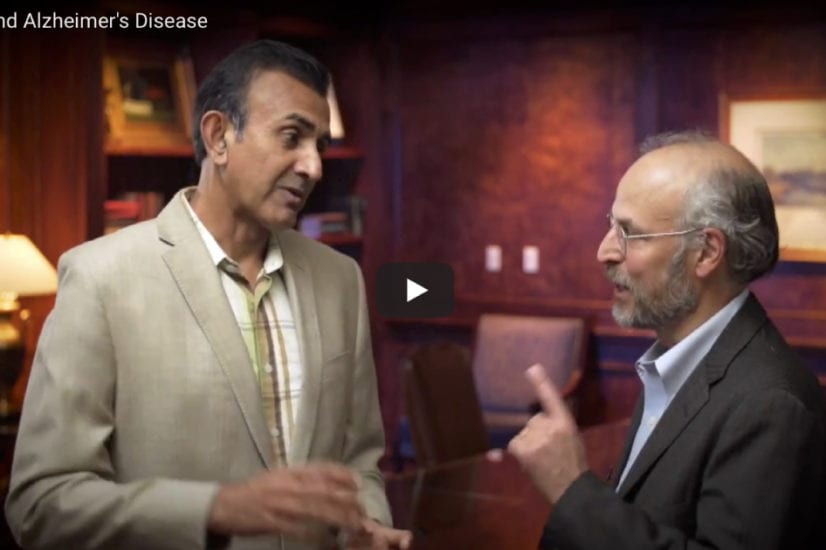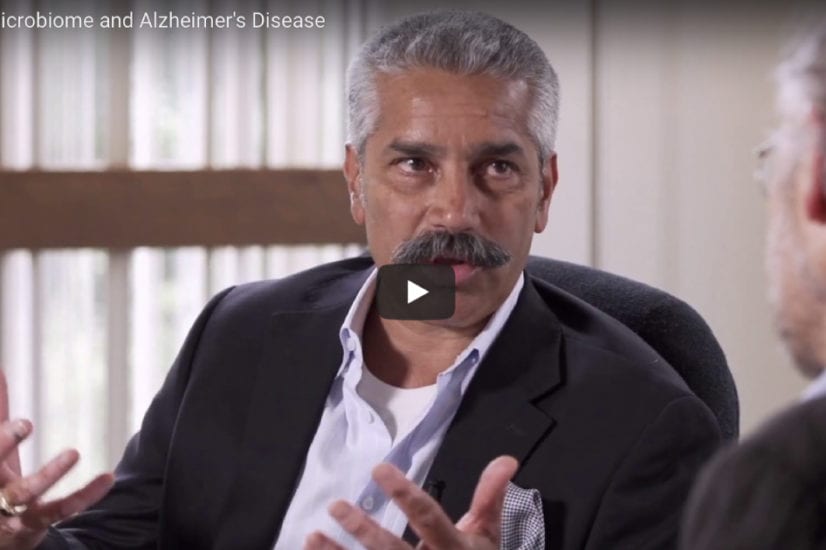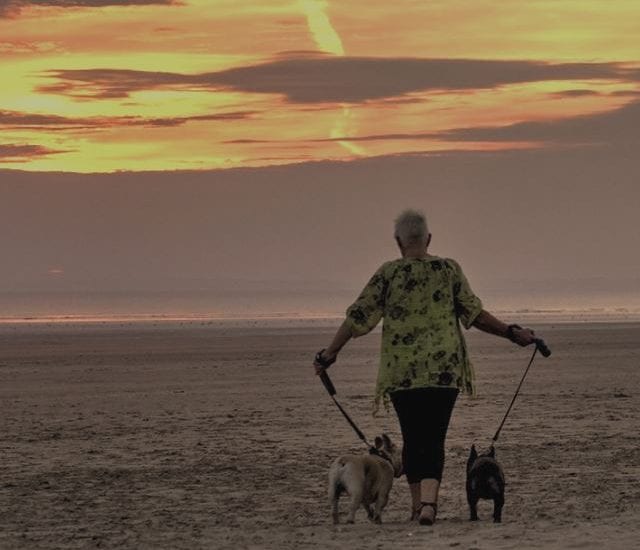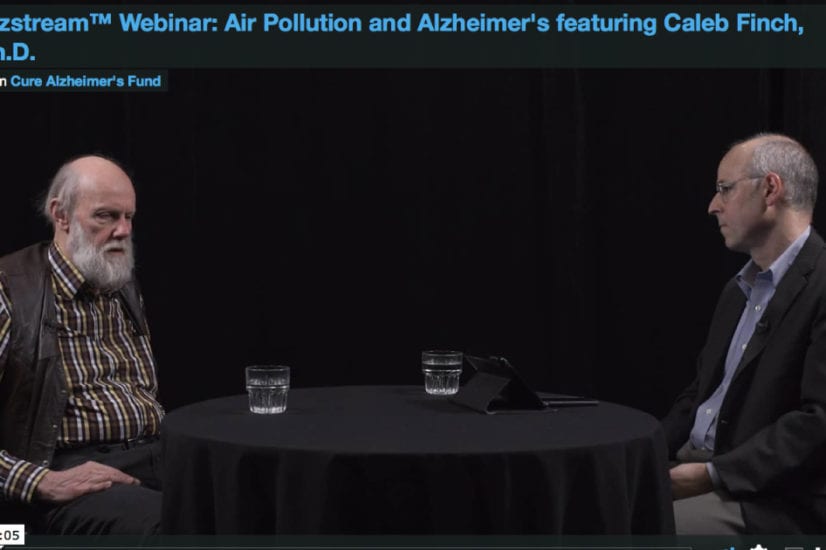
Posted January 23, 2013
Meet Dr. Giuseppina Tesco, Cure Alzheimer’s Funded researcher, and assistant professor of neuroscience, Alzheimer’s Disease Research Laboratory, Department of Neuroscience, Tufts University School of Medicine.
Early Days
Born in Prato, Italy, in the heart of Tuscany, Giuseppina Tesco grew up with an older brother and two very open-minded parents. “My mother and father gave me a lot of freedom to make my own decisions about what interests I wanted to pursue,” says Tesco. “They were open to anything I wanted to do.”
Her interest in research began in high school when she would go to the library to study molecular biology, independently of what she was learning at school. “Molecular biology opened up a whole new universe for me and it made me want to know more.”
Education
After high school, Tesco went to the University of Florence, where she earned her M.D. and then Ph.D. in neuroscience. “In Italy we don’t have college, so I went directly to medical school and did my residency in neurology there as well. My medical training was critical, but it also made me realize that I preferred being in a lab more than working with patients,” says Tesco. While in medical school in Florence, she sought out a lab opportunity in the field of psychiatry, but there wasn’t one. However, the neurology department, one floor below, had a research opening in a lab studying Alzheimer’s disease (AD). Tesco jumped at the chance.
While she was finishing her residency, Tesco met leading National Institutes of Health (NIH) Alzheimer’s scientist Daniel Alkon, M.D., at a conference in Florence. He offered her an opportunity to do her post-doctoral training on a Fogarty Fellowship at NIH in Bethesda, Md. “The work was similar to what I had been doing in Florence,” she says, “but I knew I would never have the same research opportunities in Italy as in the U.S.
“The move was really exciting for me,” she says. Tesco spoke only some English, but she learned quickly. At NIH she studied alterations of calcium levels in skin cells obtained from AD patients. Then she got a post-doctoral position at Massachusetts General Hospital working with Rudy Tanzi, Ph.D., to study the molecular aspects of Alzheimer’s disease in relation to its genetic components. “He has been a great mentor,” she says. “Rudy has always been dedicated to raising the next generation of scientists. I joined his lab as a post-doc and became an independent investigator in the unit that he is now directing.”
Cure Alzheimer’s Fund
In 2007, Tanzi asked Tesco to join Cure Alzheimer’s Fund’s research efforts to focus on a traumatic brain injury project. Since then, Cure Alzheimer’s Fund has supported two of her critical research projects: Traumatic Brain Injury and Stroke Relationship to Alzheimer’s Disease and Understanding the Role of the Gene ADAM10 in the Pathogenesis of Alzheimer’s Disease After Head Trauma.
Through her research, Tesco discovered a common pathway that is activated in the brain when patients suffer from either Alzheimer’s disease or acute brain injuries. “It wasn’t enough for me to know that there was a correlation—I needed to know why,” she says. Now, she wants to understand why traumatic brain injuries sometimes lead to other neurodegenerative diseases such as Parkinson’s disease or chronic traumatic encephalopathy. “I believe that your genes determine both if you will develop a disease and which disease you might develop, but I still need to know more. Cure Alzheimer’s Fund’s unique approach supports innovative research that can be high risk, but it can also lead to some very important findings.” Her next goal is to understand the mechanisms that link acute brain injury to chronic neurodegeneration to help get closer to the prevention and cure for Alzheimer’s disease.
In 2009, Tesco took a position at Tufts University in the neuroscience department, which allowed her to combine her knowledge of cell biology with the kind of research that is based on neuronal activity. At Tufts she has studied the disease in mouse models and has done a deep study on neurons, which she calls a great opportunity to advance the science.
Personal Life
While Tesco doesn’t have any history of Alzheimer’s disease in her family, her father suffered a severe brain injury last year after he had a heart attack and fell. “He’s turning 80 and I’m very aware of what happens to elderly people who suffer traumatic brain injuries. But it’s also very important for people to know that the brain can heal itself—I’ve seen that with my own father. The brain has so many resources. We should never give up on the brain.”
When asked what she does outside of work, Tesco laughs and says, “I’m not a total nerd.” She enjoys dragging her friends to the observatory to look at the stars. She reads mystery novels, watches TV, travels and sails, but photography is her favorite hobby. She also likes to cook, but to be a good cook, she says, “you have to have the best ingredients—just like being a scientist.”





